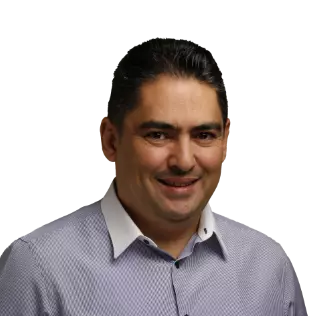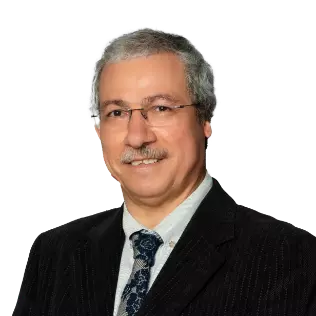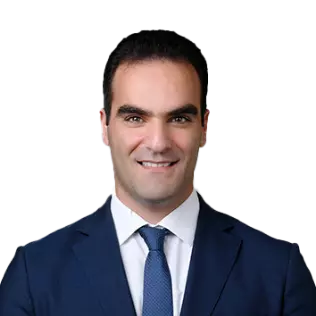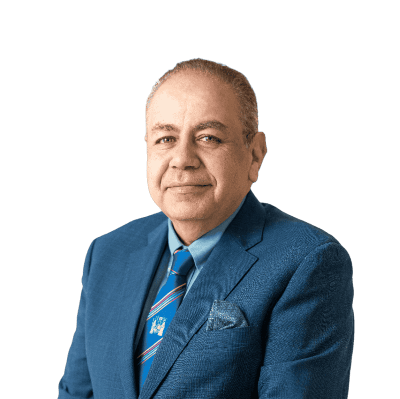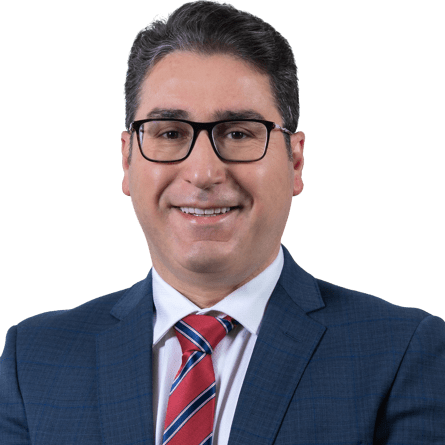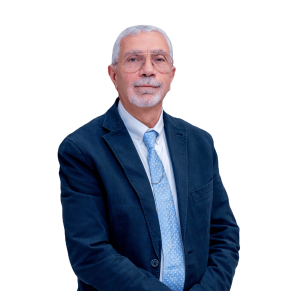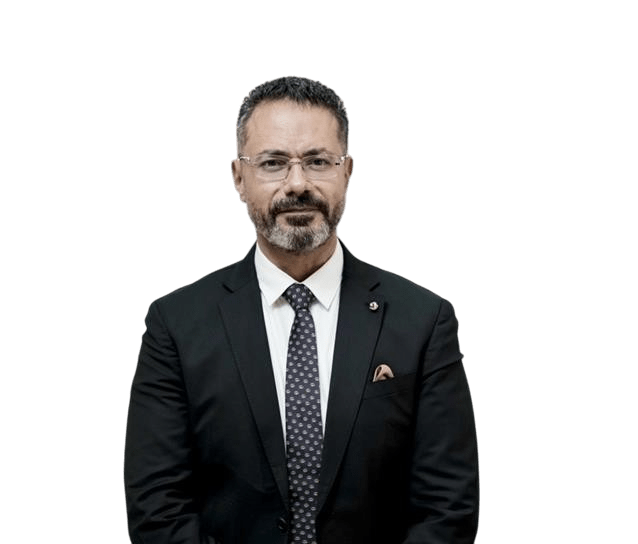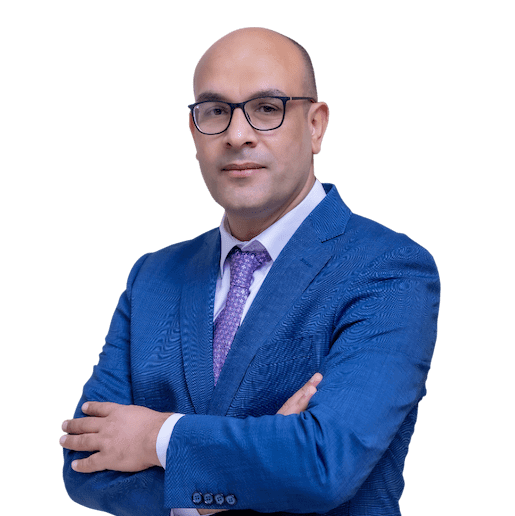Cardiomyopathy: Causes, Symptoms & Treatment
Written By: Dr. Brajesh Mittal
Updated On:December 07, 2023

What is Cardiomyopathy?
It is more difficult for the heart to pump blood to the rest of the body when it has cardiomyopathy, a condition of the heart muscle. As such, heart failure could be brought on by cardiomyopathy.
Dilated cardiomyopathy, hypertrophic cardiomyopathy, and restricted cardiomyopathy are the three primary subtypes. Depending on the type of cardiomyopathy and how severe it is, a person may need to undergo cardiac surgery, take drugs, have devices surgically implanted, or even receive a heart transplant.
Causes of Cardiomyopathy
The reason for cardiomyopathy is frequently unknown. However, it is either inherited or the outcome of a different condition (acquired). Acquired cardiomyopathy can result from specific medical conditions or activities like:
- Long-term hypertension
- Damage to cardiac tissue caused by a heart attack
- Persistently fast heart rate
- A heart valve condition
- Infected with COVID-19
- Several infections, notably those that result in heart inflammation
- Metabolic conditions such as obesity, thyroid issues, or diabetes
- Inadequate intake of vital nutrients in the diet, such as thiamin (vitamin B-1)
- Obstetrical difficulties
- Hemochromatosis is an iron overload in the heart muscle.
- Sarcoidosis is a condition that causes granulomas, which are microscopic lumps of inflammatory cells, to form in any area of the body, including the heart and lungs
- Amyloidosis or an accumulation of aberrant proteins in the organs
- Diseases of the connective tissue
- Having a long history of binge drinking alcohol
- Coke, amphetamines, or anabolic steroid use
- Use of radiation and some chemotherapeutic medicines in the treatment of cancer
Symptoms of Cardiomyopathy
There may be neither signs nor symptoms of cardiomyopathy in its early stages. On the other hand, a number of signs and symptoms can be noticeable. These include the following:
- a loss of breath during exercise or even at rest
- Swelling in the legs, ankles, and feet
- Abdominal bloating as a result of fluid retention
- Coughing
- Rapid, hammering, or fluttering heartbeats
- Fatigue
- Chest pain or pressure
- Dizziness or unsteadiness
Symptoms and indicators frequently get worse if left untreated. The rate at which the sickness worsens can vary from person to person.
When to see a doctor for Cardiomyopathy?
If you experience one or more of the cardiomyopathy-related signs or symptoms, consult your doctor. If you experience severe breathing difficulties, dizziness, or chest pain that lasts more than a few minutes, call your local emergency number.
Some forms of cardiomyopathy can be inherited and handed down through families. Your doctor might suggest that your family members get checked if you have the condition.
Cardiomyopathy Risk Factors
Numerous factors, such as the following, can raise your risk of cardiomyopathy:
- Cardiomyopathy, heart failure, and sudden cardiac arrest run in the family
- Persistently elevated blood pressure
- A history of heart attacks, coronary artery disease, or an infection of the heart (ischemic cardiomyopathy) are all heart-related conditions.
- Being overweight causes the heart to work harder.
- Chronic alcohol abuse
- Usage of illegal drugs including cocaine, amphetamines, and anabolic steroid
- Radiation, and certain chemotherapeutic medicines used in cancer treatment
Diabetes, thyroid disease, storage of excess iron in the body, amyloidosis, sarcoidosis, and connective tissue disorders may also increase your risk of developing cardiomyopathy.
Cardiomyopathy Complications
Serious problems from cardiomyopathy include:
- A heart attack. The body requires more blood than the heart can physically pump. Heart failure can be fatal if left untreated.
- Clots of blood. Blood clots may form in the heart as a result of the heart's inability to pump efficiently. Clots can obstruct blood flow to other organs, such as the heart and brain, if they are introduced into the bloodstream.
- Cardiac valve issues. The heart's enlargement brought on by cardiomyopathy may prevent the heart valves from closing properly. Blood may start to flow backward in the valve as a result.
- Sudden death and cardiac arrest. Cardiomyopathy can produce abnormal heart rhythms that lead to dizziness or, in rare instances, abrupt death if the heart stops working properly.
Cardiomyopathy Diagnosis
It's likely that your doctor will conduct a physical examination and inquire about your individual and antecedents' medical histories. Additionally, you'll be asked if certain activities, like exercise, make your symptoms worse. You may have a number of tests to confirm the diagnosis of cardiomyopathy if your doctor suspects you have it, including:
- X-ray of the chest. If the heart is enlarged, it will be visible in the image.
- Echocardiogram. Images of the heart are produced during this test using sound waves, displaying its size and beating patterns. This examination helps identify the source of symptoms and evaluates the heart valves.
- ECG. electrocardiogram. Electrode patches are applied to the skin during this non-invasive examination to assess electrical cardiac signals. The electrical activity of the heart can be disturbed by an ECG, which can reveal areas of damage and abnormal cardiac rhythms.
- Treadmill stress test. While walking on a treadmill, blood pressure, respiration, and heart rate are observed. This test can assess symptoms, establish exercise capacity, and reveal whether strenuous activity causes irregular heartbeats.
- Catheterizing the heart. The heart is reached by threading a thin tube (catheter) through blood arteries after being put into the groin. To determine how vigorously blood pumps through the heart, the pressure in its chambers can be measured. In order to make blood vessels more apparent on X-rays (coronary angiography), the dye can be administered through the catheter into the blood vessels. Blood artery obstructions may be discovered by cardiac catheterization. A tiny tissue sample (biopsy) from the heart may also be taken as part of this test for laboratory evaluation.
- Cardiac MRI. The heart is imaged during this test using magnetic fields and radio waves. If the results of echocardiography cannot be used to make a diagnosis, a doctor may request a cardiac MRI.
- Heart CT scan. This entails reclining on a table inside a machine that resembles a doughnut. To evaluate the size, function, and condition of the heart and its valves, an X-ray tube inside the machine spins around the body and gathers images of the chest and heart.
- Blood tests. Blood tests may be performed for several purposes, such as determining iron levels and evaluating kidney, thyroid, and liver function.
Cardiomyopathy Treatment
The form and severity of the cardiomyopathy determine the method of treatment.
Treatment methods may include medication, such as those that help in boosting the heart’s ability to pump blood, reduce blood pressure, avoid blood clotting, or eliminate excess bodily fluid.
Septal ablation and radiofrequency ablation can be non-surgical procedures to treat cardiomyopathy. Septal myectomy and heart transplants, on the other hand, are surgical procedures that can be performed.
Moreover, certain devices can be surgically implanted in the heart. These include an implantable cardioverter-defibrillator, a ventricular assist device, or a pacemaker.
Cardiomyopathy Prevention
Cardiomyopathy frequently has no known preventative measures. If the problem runs in your family, tell your healthcare practitioner.
By leading a heart-healthy lifestyle, such as the following, you can help lower your risk of cardiomyopathy and other types of heart disease:
- Avoiding alcohol and cocaine use
- Keeping diabetes, high cholesterol, and blood pressure under control
- Keeping up a balanced diet
- Exercising on a regular basis
- Having enough slumber
- Relaxing
References
Abelmann, W. H., & Lorell, B. H. (1989). The challenge of cardiomyopathy. Journal of the American College of Cardiology, 13(6), 1219-1239.
Goodwin, J. F., Gordon, H., Hollman, A., & Bishop, M. B. (1961). Clinical aspects of cardiomyopathy. British medical journal, 1(5219), 69.
Jefferies, J. L., & Towbin, J. A. (2010). Dilated cardiomyopathy. The Lancet, 375(9716), 752-762.
Prinz, C., Farr, M., Hering, D., Horstkotte, D., & Faber, L. (2011). The diagnosis and treatment of hypertrophic cardiomyopathy. Deutsches Ärzteblatt International, 108(13), 209.
Tuohy, C. V., Kaul, S., Song, H. K., Nazer, B., & Heitner, S. B. (2020). Hypertrophic cardiomyopathy: the future of treatment. European journal of heart failure, 22(2), 228-240.
Wexler, R., Elton, T., Pleister, A., & Feldman, D. (2009). Cardiomyopathy: an overview. American family physician, 79(9), 778.
Meet our doctors from the Cardiology department

